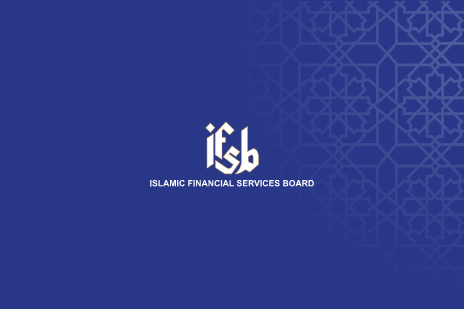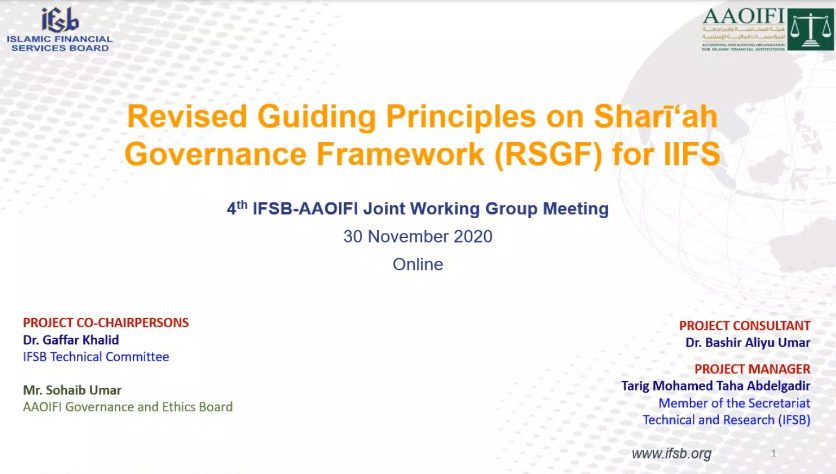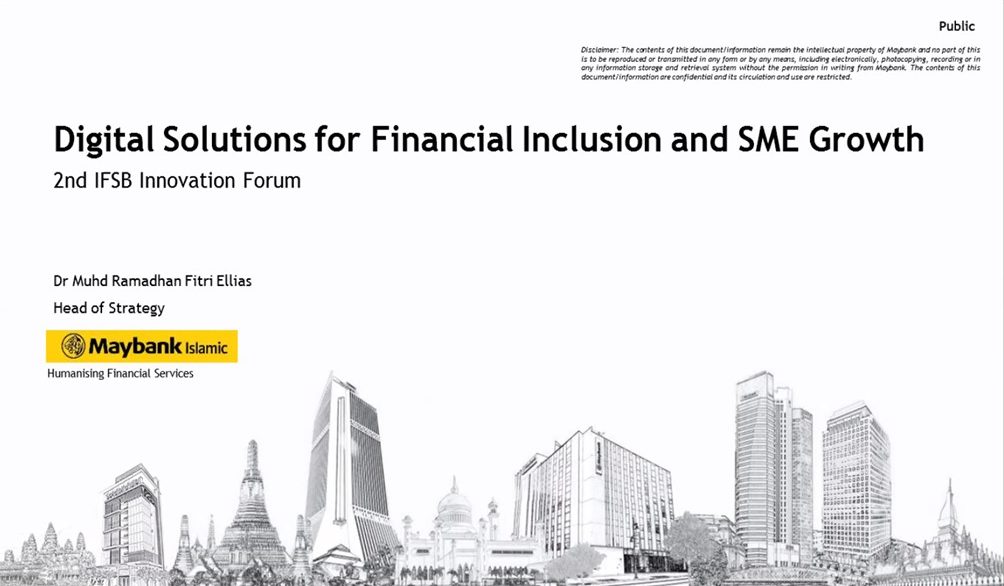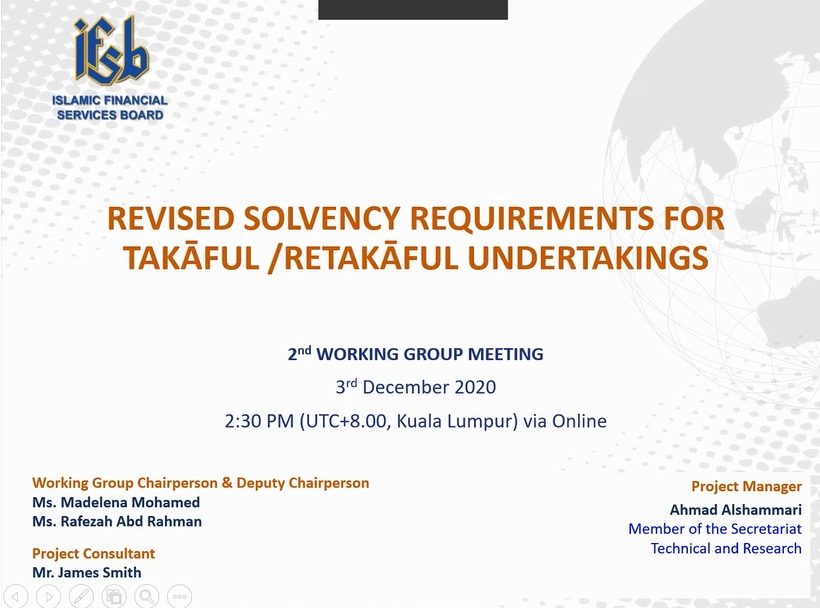The IFSF provides opportunity to renowned IFSI leaders, decision markers and regulators to offer diverse perspectives as well as exchange ideas with industry stakeholders across different segments of the IFSI on related regulatory and policy initiatives and issues. This 21st IFSF involves a session of panel discussion that focuses on the COVID-19 related issues and their implication for the stability and resilience of the IFSI. Further, it also attempts to have forward looking policy to prevent the potential and unprecedented crisis and industry responses facing the current and future crisis. The COVID-19 pandemic no doubt exerts significant pressures on both the regulatory and supervisory authorities (RSAs) as well as supervised firms including the institutions offering Islamic financial services (IIFS). This is especially in terms of coping with the dynamics of the consequences of the pandemic depending on its effects and duration, as well as adapting supervisory approaches and working practice respectively toward the apparent, anticipated, and obscure risks that may result due to contraction in the real economy to which the IFSI is highly exposed. In addition, it is likely that the need to urgently address the matters arising from the outbreak of COVID-19 may have subsumed attention to other wider issues relating to how the IFSI complements the achievement of the sustainable development goals including the social development. These developments will obviously put both the stability and resilience of the IFSI to test in the later part of 2020 and perhaps beyond. The specific issues relating to these broad concerns are amongst the focus of the panel discussion session of this 21st IFSF besides the prospect of Islamic finance taken into account the lesson learnt from the pandemic. Event Snapshots Programme - Event Session(s) Date Time Topics Day 1 16/12/2020 14:30 - 14:40 Opening Remarks 14:40 - 16:00 Panel Discussion on Assessing the effectiveness of regulatory and supervisory response to maintain financial stability upon the impact of COVID-19 and way ahead In many jurisdictions, recommendations have been offered on the use of regulatory buffers, the need to preserve compliance with international standards, and promote international and inter-organisational coordination. A few have also looked at these issues with focus on the specificities of Islamic financial services such as balance sheet components, relatively smaller size of the IFSI in many jurisdictions, and the state of the economy of countries where Islamic finance is practiced. While the effect of the first wave of the pandemic is starting to manifest, especially as various fiscal, monetary and other stimulus introduced by the various governments are being relaxed, the impact of the second wave of COVID-19 is also likely to take effect in the coming months. Not only might there be a significant increase in credit risk due to financing delinquencies, market liquidity might also be strained, and asset markets might be disrupted. Moreover, the indispensability of digitalising financial services due to social distancing as a new normal to flatten the curve of the pandemic also presents technology-related risks that might result from staff remote access to financial network as well as outsourcing of cloud services for instance to third-parties. Also, the abruptness and pervasiveness of the COVID-19 pandemic and the responses it elicited might also have impacted on the requisite attention needed on other wider issues including for instance, climate change and financial inclusion which are also considered important to the IFSI. While these challenges affect the entire financial system in a jurisdiction, their implications for the IFSI might also present peculiar effects given the specificities of Islamic finance. Discussion Points: What is the effect of the prudential regulatory and supervisory policy response to COVID-19to maintain financial stability of IFSI in general? Are various stimulus packages introduced stimulating new spending and preventing job losses quickly enough as desired especially to the households and SMEs to which the Islamic banks are highly exposed? Are there any unexpected prudential consequences peculiar to the specificities of the IFSI that have emerged from the crisis and what are their implications? How can the Islamic banks deal with regulatory capital treatment of ECLs given that IFRS-9 did not specify such treatment for profit and loss sharing contract, for instance? What are the peculiar impediments and risks to the digital transformation of the IFSI as necessitated by COVID-19? Are there legacy infrastructure, human capital or capital budgeting constraints, for instance? How effective is the coordination and communication among various regulators and supervisors of Islamic finance segments in response to COVID-19? What factors should the regulatory and supervisory authorities consider to be of utmost importance, as countries where Islamic finance is practiced gradually ease the lockdown? What are the forward looking policy to be pursued taken into account the lesson learnt from pandemic? To what extent has the focus on the effect of the pandemic subsumed attention on other wider issues and initiatives that are pertinent to Islamic finance such as financial inclusion, climate change, etc? · 16:00 - 16:15 Q&A Session



